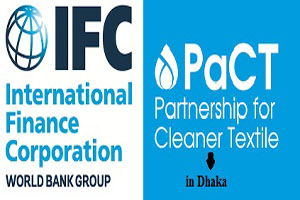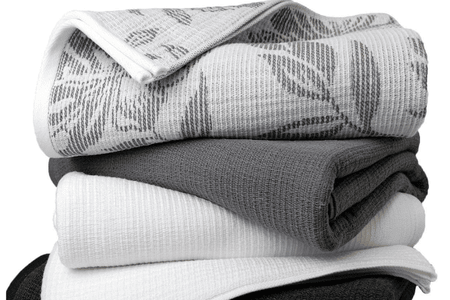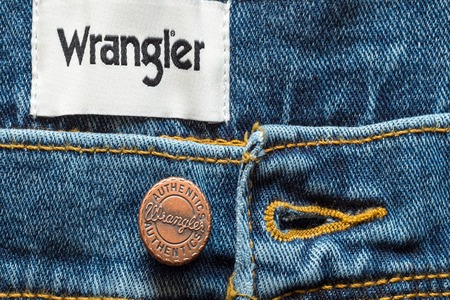
IFC plans to launch PaCT for green textile production in Dhaka
YarnsandFibers News Bureau 2017-09-28 12:00:00 – DhakaThe International Finance Corporation (IFC) with an aim to achieve sustainable textile production, plans to launch Partnership for Cleaner Textile (PaCT), the second phase of its advisory service in Dhaka.
During the second phase, the World Bank arm targets to annually save 32 million cubic metres of water and 3.8 million megawatt hours (MWh) of electricity in 250 weaving, spinning, wet dyeing and finishing factories.
Under the programme, garment and textile makers are advised to adopt modern technologies in factories and changing attitudes to reduce water and energy consumption in the next four years.
It aims to annually reduce greenhouse gas emissions by 701,588 tonnes, wastewater discharge by 28.8 million cubic metres and chemical use by 10,000 tonnes.
Nishat Shahid Chowdhury, programme manager of Bangladesh PaCT, briefing on the upcoming launch at the IFC office in Dhaka said that the factories will need to investment $63 million.
Under the PaCT's first phase adopted in 2014, two hundred factories got back the $39.1 million they invested in just 10 months and in turn saved $16.3 million every year,
They also annually saved 21.6 million cubic metres of groundwater, which 840,000 Bangladeshis use on an average per year, and 2.5 million MWh of electricity, which was 5.4 percent of the national grid's output in 2015-16, said Chowdhury.
The first phase's achievements surpassed the targets by a huge margin, with annual carbon emissions reducing by 460,000 tonnes, equivalent to that generated by 98,000 cars in the same timeframe, and wastewater discharge by 18.8 million cubic metres.
Fifty three factories have completely adopted the PaCT programme, due to which the water required to wash every kilogramme of fabrics decreased from 169 litres to 133 litres or by 21 percent on an average as the result also electricity consumption went down per kg of fabrics from 19.1kW hour to 15.6kW hour or by 19 percent
Market Intelligence
Ask for free sample Report

experience
Customer Base
dedicated team
Countries Served Worldwide









